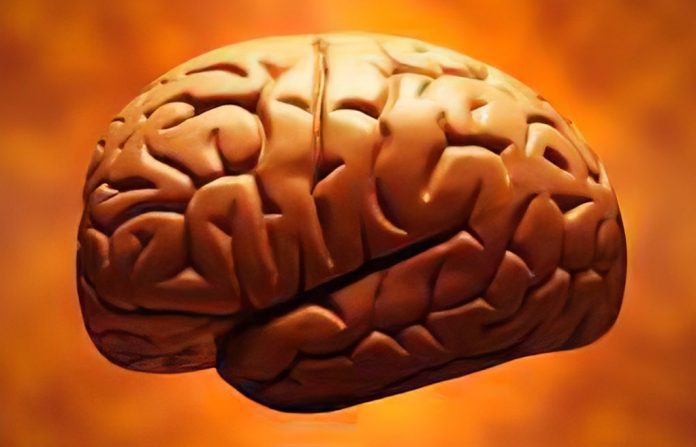Research using mice has shown that repeated exposures to anesthesia early in life and early in the development of the brain produce emotional and behavioral differences that can be long-term. The comparative presumption that the same effects from anesthesia can be deduced in humans has been criticized due to the lack of similarity in the stages of brain development between mice and humans. Dr. Jessica Raper, research associate in the Division of Developmental and Cognitive Neuroscience at Yerkes National Primate Research Center at Emory University, and colleagues at the Icahn School of Medicine at Mount Sinai Hospital are the first to show similar alterations in the brain in rhesus monkeys that were exposed to repeated doses of anesthesia.
The researchers exposed 10 rhesus monkeys to a common pediatric anesthetic called sevoflurane for four hours at seven days, two weeks, and four weeks after birth. The four hour exposure is similar to the time frame that children are exposed to anesthesia in medical procedures that are necessary to save the child’s life. The brain development in the rhesus monkeys in the time frame of the study is similar to the development of humans at six months of age. The monkeys were not exposed to any surgical procedure that could have produced some of the changes in behavior that were observed in the tests.
The monkeys that were exposed to repetitive anesthesia demonstrated learning difficulties, lower levels of social skills when confronted with unknown humans, and long-term changes in the brain that could produce cognitive impairment with age. The importance of the results is that more than one million children that are under the age of one year of age undergo surgical procedures that require anesthesia in the United States. The detrimental effects of a single dose of any of the drugs presently approved as anesthesia for young children prompted the researchers to investigate alternatives to present anesthesia drugs for children.















